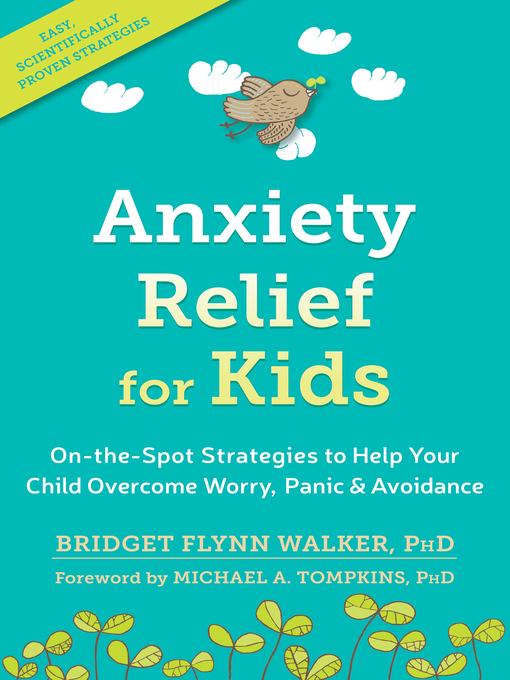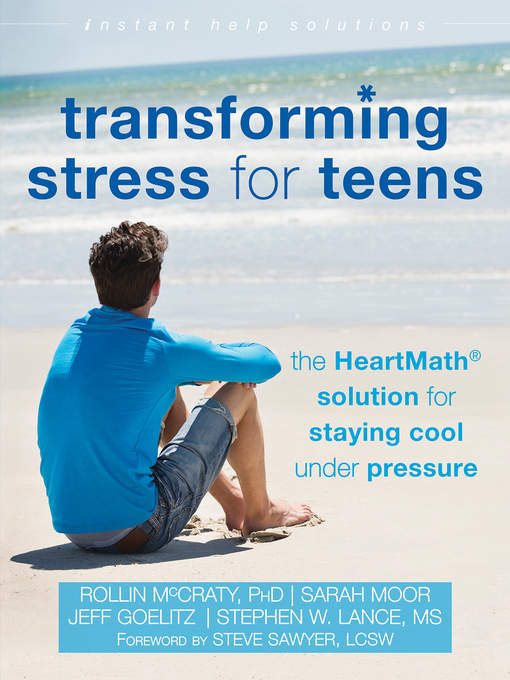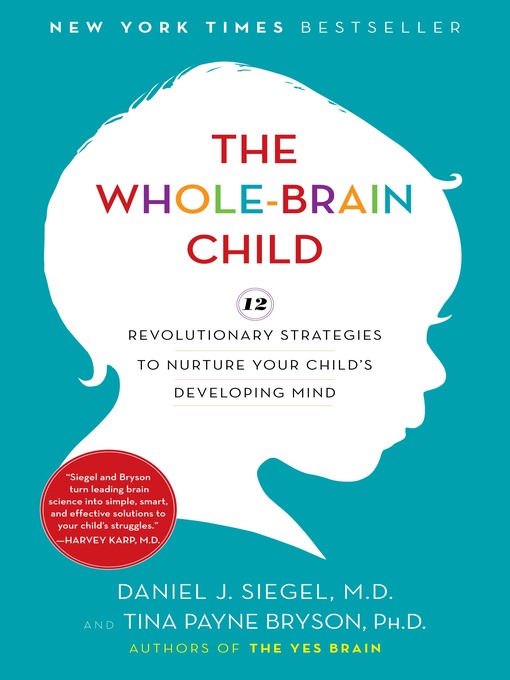Mental Health and Wellness
Item request has been placed!
×
Item request cannot be made.
×
 Processing Request
Processing Request
Center for Disease Control & Prevention
FamilyDoctor
KidsHealth
Parents – Mental Health Specialists (Español)
Teens – Finding Low Cost Mental Health Care (Español)
Mayo Clinic
MedlinePlus

Fear: Essential wisdom for getting through the storm
Zen master & Buddhist monk Hanh shows readers how to use the practice of living in the present to acknowledge and embrace their fears, recognize their origins and reader them powerless. Hanh guides readers through practical exercises for transforming fear into clarity enabling one to challenge the emotions as they rise and summon feelings of well-being and contentment. (OverDrive)
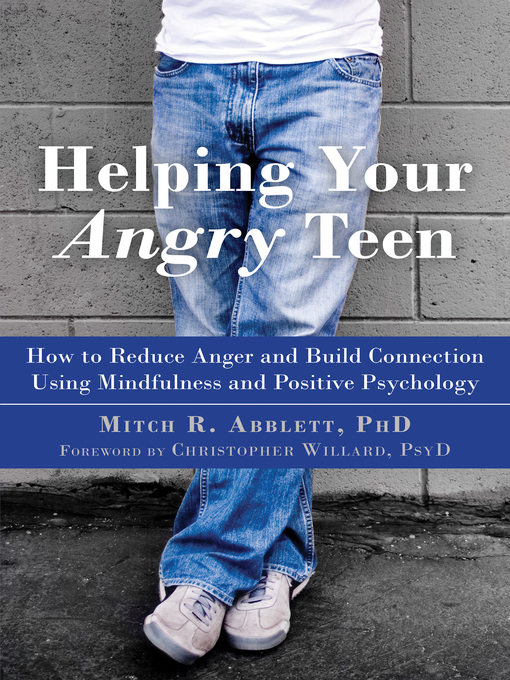
Helping your angry teen: How to reduce anger and build connection using mindfulness and positive psychology
Willard’s book guides parents who might be at their wits’ end in their dealings with their angry teenager- Through powerful mindfulness tips to navigate heated moments of interaction as well as skills based in positive psychology to foster compassion, caring and lasting connections. (OverDrive)
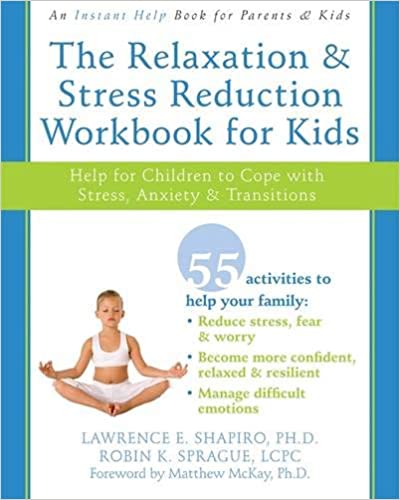
The relaxation & stress reduction workbook for kids
Topics covered in this book are how you react to stress, body awareness, breathing, progressive relaxation, meditation, & coping skills training. This book is highly regarded by therapist and their clients. It remains a go-to source for stress reduction strategies than can be incorporated into the busiest lives.
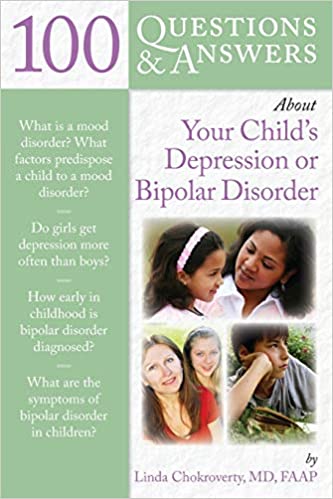
100 questions & answers about your child’s depression or bipolar disorder
Chokrovety’s book provides authoritative, practical answers to the most common questions parents have regarding their child’s depression and/or bipolar disorder. The book includes expert advice on use of medication, suicide, and other important issues parents face when helping their child cope.
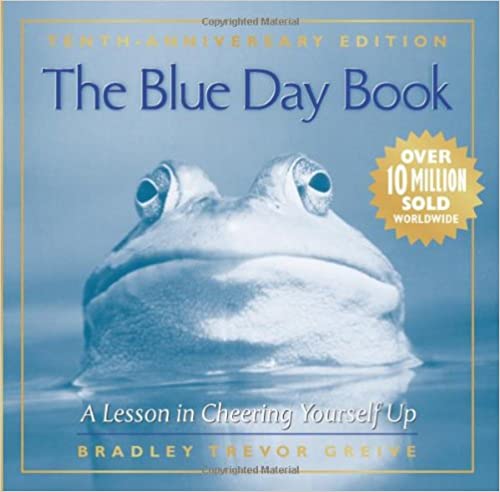
The Blue Day Book for Kids
In a simple and imaginative way, this story reflects on children’s feelings, symptoms, causes and cures for times when they feel tired, grumpy, left out or think nothing ever goes as planned.
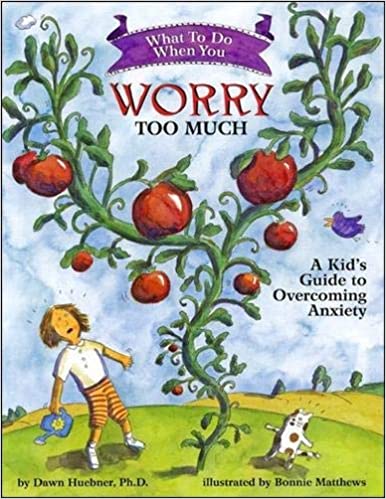
What to do when you worry too much: a kid’s guide to overcoming anxiety
Huebner’s guide teaches children cognitive behavior techniques to reduce and overcome anxiety, fears and worry through writing, drawing activities and self-help exercises. An introduction for parents is included.
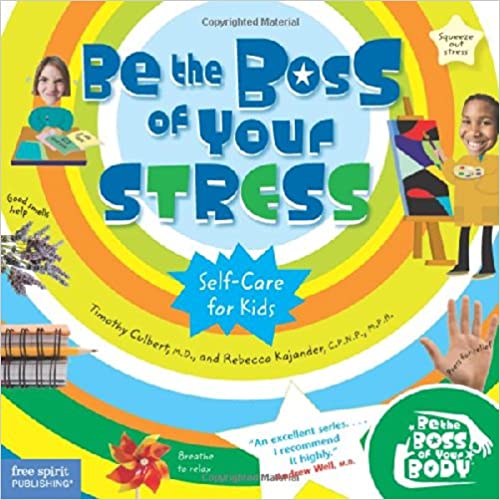 Be the boss of your stress
Be the boss of your stressCulbert & Kajander’s books speaks directly to kids ages 8 & up by guiding them to learn that when their body, mind and spirit are balanced and working together, you stay healthy and positive even during stressful times. A few skills that are covered in this book are belly breathing, letting go and letting loose, & changing what you are thinking about.
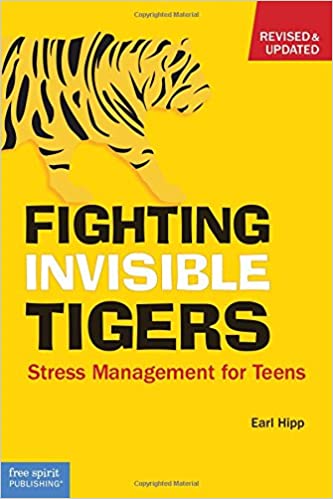

Fighting Invisible tigers: Stress Management for Teens
Hipp’s book guides teens to learn to control how they respond to stress whether it is at school, home and with friends. Techniques include how stress affect health and decision making, stress-management skills, how to hand stress in positive ways such as assertiveness, positive self-talk, time management, relaxation exercises, and much more.
To register for an OverDrive account email us at frl.libraries@childrens.com
“With this book, you'll find a wealth of information regarding your child's specific anxiety disorder and how to respond to it. For example, if your child has obsessive compulsive disorder (OCD), the skills you use to help them are different than other anxiety disorders. No matter your child's specific symptoms or diagnosis, you'll discover tailored interventions you can use now to help your child thrive.”
“Transforming Stress for Teens will help you recognize the mental, emotional, and physical impact of stress, and guide you toward finding balance, clarity, and self-assurance with the proven HeartMath tools. When you feel better, you do better—this book will show you how.”
Self-Esteem: A Proven Program of Cognitive Techniques for Assessing, Improving, and Maintaining Your Self-Esteem
” Circumstances and status can affect self-esteem—many factors can contribute to the way we see ourselves—but the one contributing factor that all people who struggle with low self-esteem have in common is our thoughts. Of course we all have a better chance of feeling good about ourselves when things are going well, but it's really our interpretation of our circumstances that can cause trouble, regardless of what they are.”
“Complete with age-appropriate strategies for dealing with day-to-day struggles and illustrations that will help you explain these concepts to your child, The Whole-Brain Child shows you how to cultivate healthy emotional and intellectual development so that your children can lead balanced, meaningful, and connected lives.

